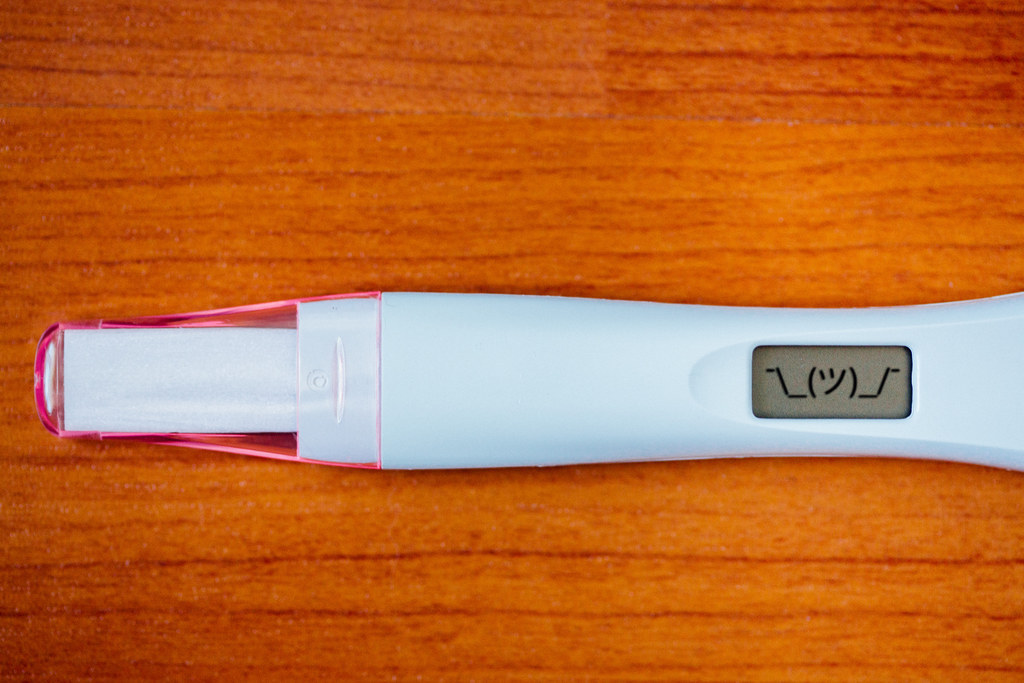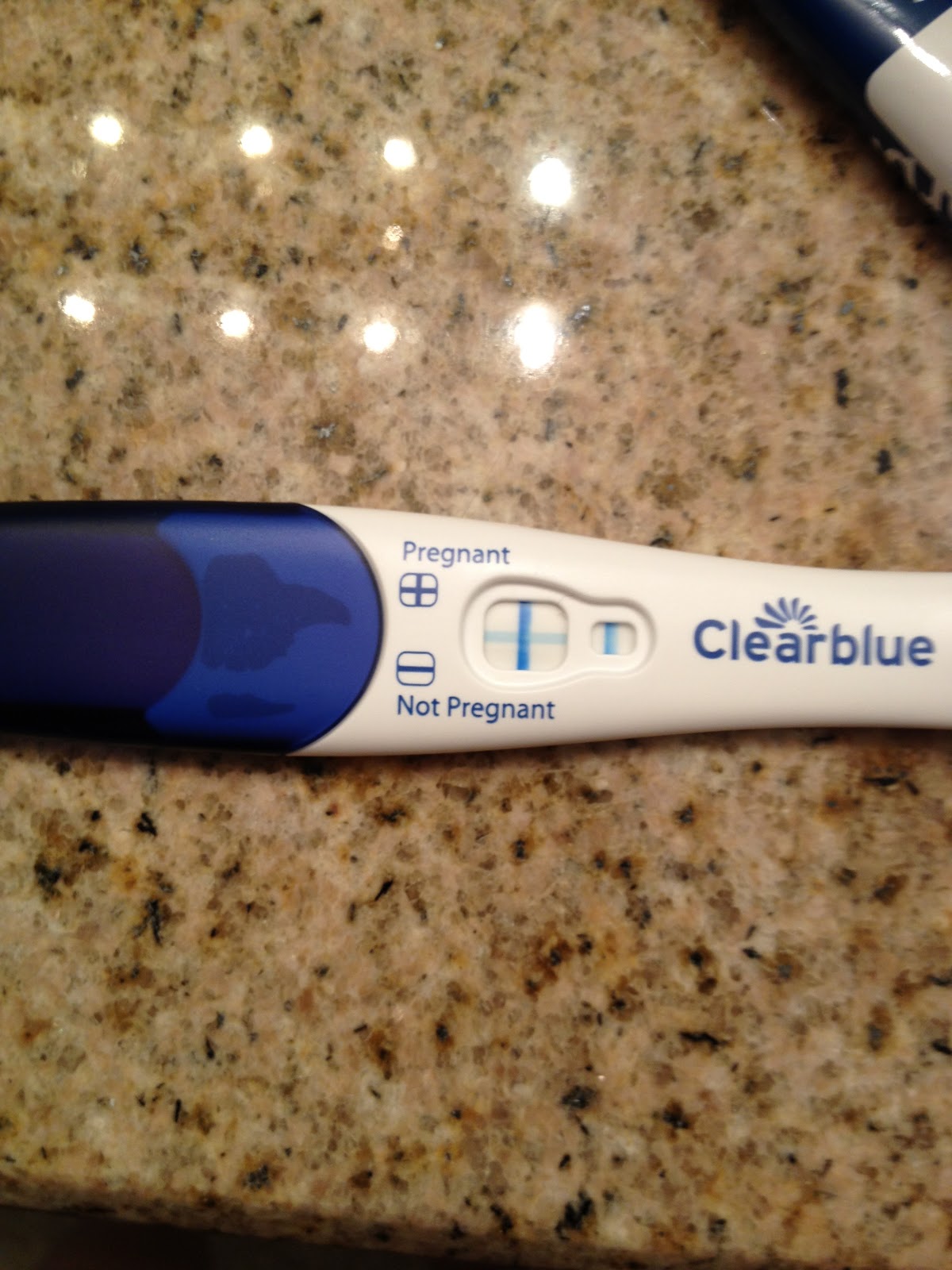Late Period Copper Iud Negative Pregnancy Test
Late period copper IUD negative pregnancy test may be a difficult issue to confront. Women who have chosen to use a copper IUD as a form of contraception may find themselves in a difficult position when they experience a late period and have a negative pregnancy test. This article will discuss the reasons behind a late period copper IUD negative pregnancy test and the potential implications.
What is a Copper IUD?
A copper IUD is an intrauterine device (IUD) made of copper and plastic and is a popular form of contraception. The IUD is inserted into the uterus and provides long-term, reversible contraception that is highly effective. Copper IUDs are a safe and reliable form of contraception, but as with all forms of contraception, there are potential risks.
What Causes a Late Period with a Copper IUD?
When a woman has a copper IUD, her period may be delayed or altered. This is because the copper IUD affects the levels of hormones that regulate the menstrual cycle. Some women may experience a lighter period, while others may experience a period that is heavier or longer than normal. Additionally, the copper IUD may cause the menstrual cycle to become irregular and the periods may occur more or less frequently than before.
What Does a Negative Pregnancy Test Mean?
A negative pregnancy test result means that the pregnancy hormone, human chorionic gonadotropin (hCG), is not present in the body. A negative pregnancy test can occur for a variety of reasons, including stress and illness. It may also indicate that the person is not pregnant.
Late Period Copper IUD Negative Pregnancy Test
When a woman has a late period and has a copper IUD, a negative pregnancy test does not necessarily mean that she is not pregnant. In this situation, a woman should contact her healthcare provider to determine the cause of the late period and whether or not she is pregnant. The healthcare provider may recommend additional tests or an ultrasound to determine if the woman is pregnant.
What if the Test is Positive?
If the pregnancy test is positive, the woman should contact her healthcare provider immediately. The healthcare provider may recommend that the woman have the IUD removed if she is pregnant. Removing the IUD is important to reduce the risk of complications during pregnancy.
What if the Test is Negative?
If the pregnancy test is negative, the woman should contact her healthcare provider to discuss her options. The healthcare provider may recommend additional tests or an ultrasound to determine the cause of the late period and whether or not she is pregnant. If the test is negative, the woman can continue to use the copper IUD as contraception.
Conclusion
A late period and a negative pregnancy test with a copper IUD can be a confusing and stressful situation. While a negative test result can indicate that the woman is not pregnant, it is important to consult a healthcare provider to ensure that a pregnancy has not occurred. If the test is positive, the IUD should be removed to reduce the risk of complications during pregnancy. If the test is negative, the woman can continue to use the copper IUD as contraception.
16 Things No One Tells You About The Morning-After Pill

IUD Pregnancy

2 days late, negative tests. Testing too early?
